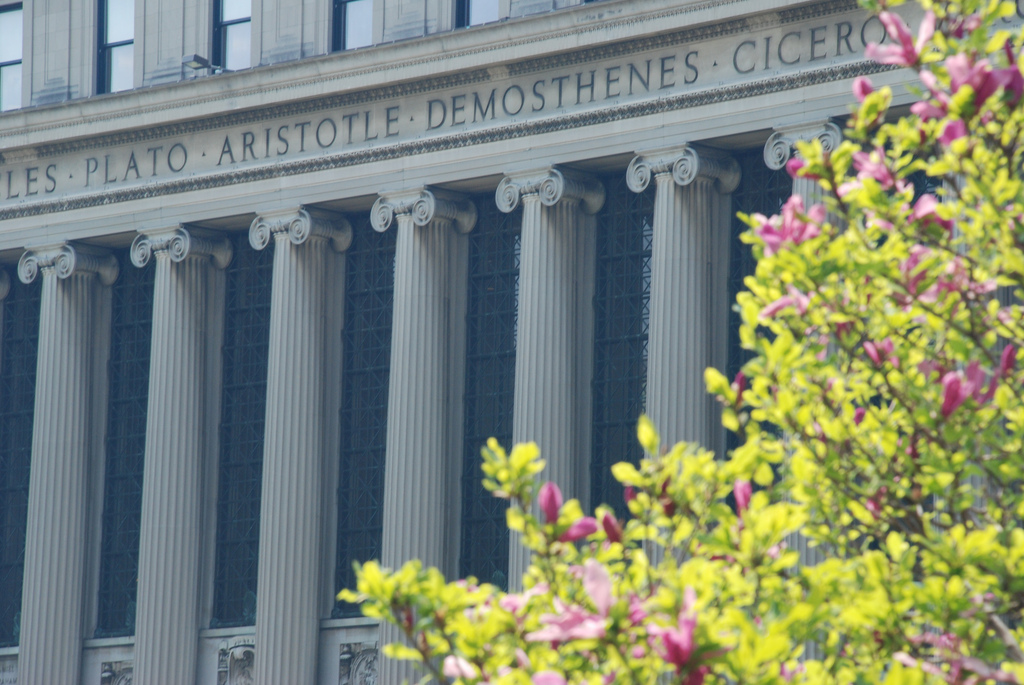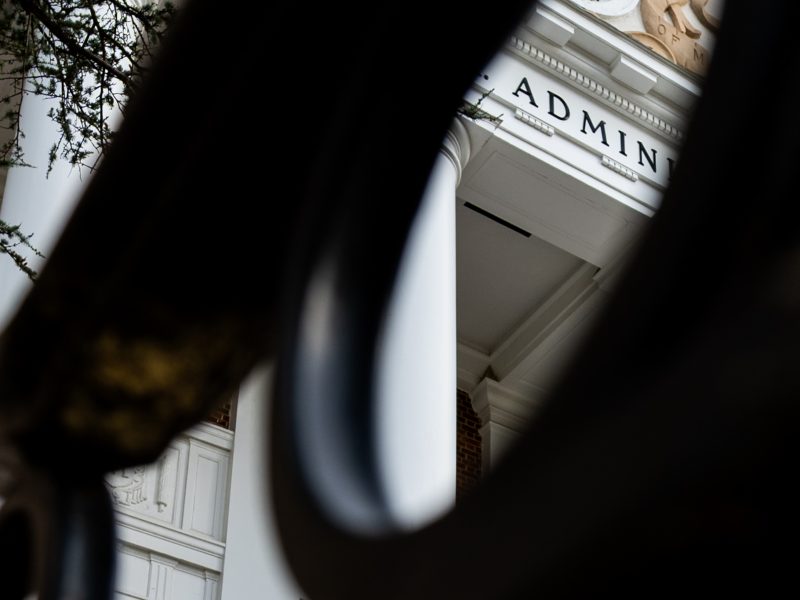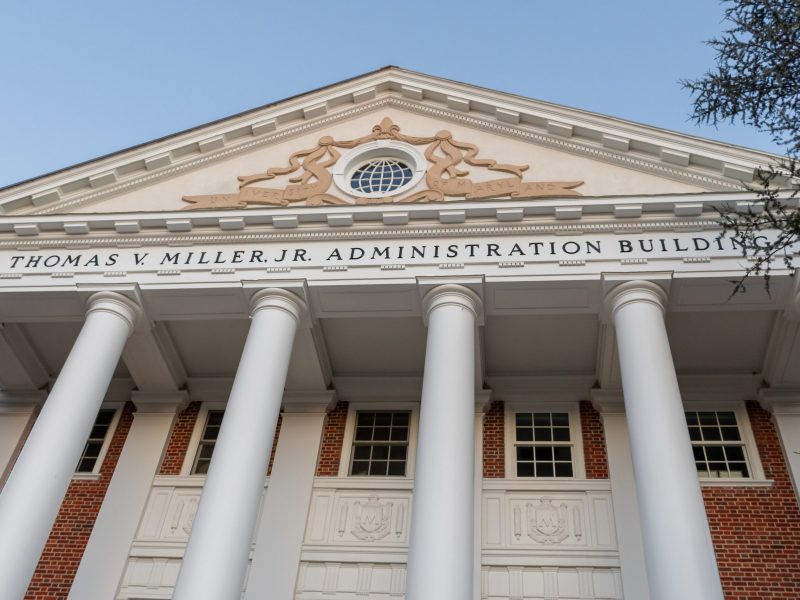For the longest time in my life, I used to think music was stupid. Maybe it was because the Baha Men rubbed me the wrong way when I first immigrated to this country at the beginning of the century. At the age of six, I couldn’t understand why these people, on every radio station, were singing about their inability to domesticate canines. And that pissed me off.
As I reached high school, my distaste spread toward the arts in general. In the era of the old SATs, students had to write essays in less than 45 minutes and we were told to be concise with our words, “get to the point” and “cut down the fluff.” As someone who was already dead set in pursuing a career in medicine, I practiced writing like this methodically and got it into my head that this was what it meant to write with purpose. I had no time for frivolities like composing prose or poetry, paintings or music. As someone whose life revolved around textbooks and scientific journals, as someone who read The Great Gatsby and Shakespeare through CliffsNotes, I had convinced myself that art might as well be another word for bullshit.
It wasn’t that I thought the arts weren’t important, just that it couldn’t be important to me. I used to believe that only certain kinds of people had the privilege to command the pen and the brush, to use metaphor and simile, to write so ekphrastically that it could lift one off the ground, to live each moment, consider each thought and observe each detail like it was a big deal. They were enlightened, chosen, rich and flawless. They had no responsibilities beyond themselves. No goals but to risk it all, to achieve beauty, to live and die by their will. They were people like Mozart, Hemingway or John Magee Jr. who with their art could “break the surly bonds of Earth and touch the face of God.” And for the rest of us, well, I think we told ourselves that we had the benefit of being rooted to the ground because at least that was a sure thing.
When I first started writing columns, each word I typed, each minute I ruminated, each afterthought I had was accompanied by a sense of fear. I wasn’t afraid that my work was going to be bad. I was afraid that as a pre-med student, writing columns, no matter how meaningful or how much research I put into it, would amount to nothing and would only derail me from my path to entering medical school. After all, each hour I spent writing meant an hour away from the laboratory or studying for my next exam. I still get this feeling every time I write now. But maybe I had always known that I was wrong.
As intricate and ingenious as the systems that we have created to save a life, as profound as the countless biochemical reactions that occur every second in our bodies that keep us alive, I sometimes wonder what use is our gift of ingenuity and existence if we do not use it to understand what it means to live?
I used to think the arts might as well be a euphemism for bullshit, but as ridiculous as that sounds, our society has slowly adopted this mindset.
You don’t need me to tell you that enrollment in the liberal arts have plummeted across the nation because we started believing that these fields, by not being as lucrative as others, have no practical worth. This is largely why courses like creative writing are seen to be less legitimate than professional, scientific or business writing. What is the purpose of prose if you cannot draft a contract, describe research or land a job? What is the purpose of drawing if it is not for schematics, diagrams, or blueprints?
After reading a draft of the last column I wrote, a friend of mine told me how I should have thrown out a lot of my metaphors because it muddled my thesis, and that I should just get to the point. I listened to her even though it killed me a bit because it was my prose I was deleting. But why must good writing always deliver messages in the most comprehensible way? Why must it be directive driven? We teach our students that good writing has a thesis, a purpose. Concise. Professional. Erudite. Structured. Practical. But why can’t it just make you feel?
The Monday after the Paris bombings, my art history professor wondered aloud about what art could do to prevent atrocities like this. The class grew silent. I never thought the arts had any practical purpose, and I still don’t, but those who have studied it, experienced it, felt it, will agree that it can fulfill the soul; it can help us communicate with one another in the most powerful ways. It can transport us into another world and enable us to live another life long after the music stops playing or the book has closed. And it can teach us to be good.
The arts have no inherent material value, it’s an impractical career choice. It cannot save the world and it cannot even save the life of another, but it can save ourselves. And sometimes, that is enough.
Patrick An ’16, former opinion editor, is an Intramural Research Training Award Fellow at the National Institutes of Health. He can be reached at patandbk@gmail.com.



